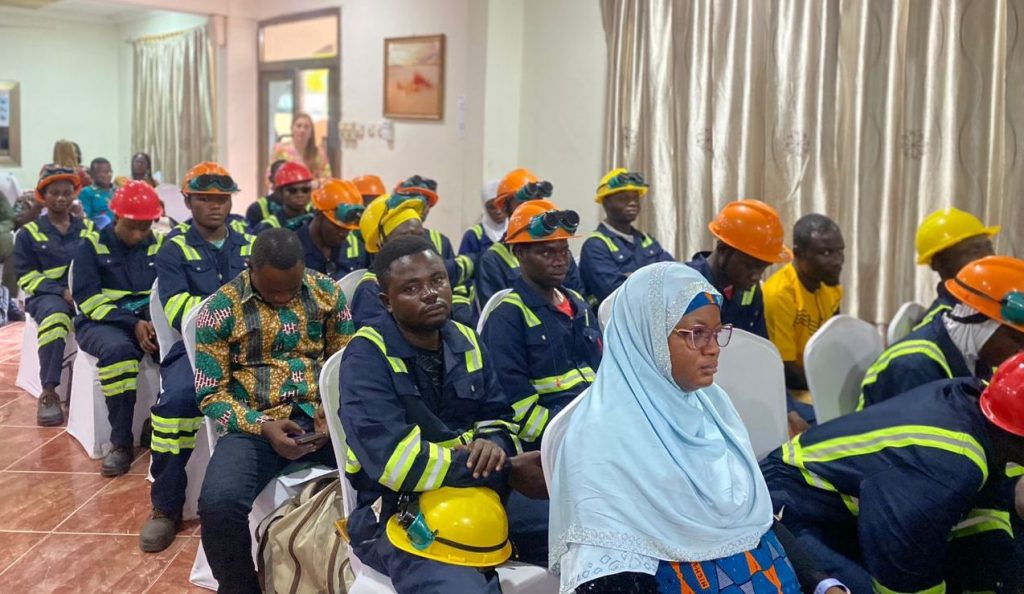By Albert Futukpor
Tamale, Nov 21, GNA – The VET Toolbox II project has been lauded for supporting skills development in the agricultural sector and collaborating with public and private partners to create jobs in agriculture and agro-processing.
The VET Toolbox was a partnership of leading European development agencies including the British Council (UK), Enabel (Belgium), Expertise France (France), GIZ (Germany), LuxDev (Luxembourg) and AFD (France).
It aims to support partner countries in the design of national Vocational Education and Training (VET) and employment strategies and strengthening their VET service delivery.
The project has succeeded in developing three distinct curricula in Agronomy, Farm Enterprise Management and Tractor Mechanisation, training 230 students across six training providers, who have then gone on to complete Workplace Experience Learning placements in the sector at participating commercial farms.
Limba Geparambasi Ahmed, a beneficiary from the Savannah Region, sharing his experience during the closure of the project in Tamale, said he acquired skills and knowledge in agronomy, helping him to select the right soil for crop production.
Rashida Abdul Majid, another beneficiary from the Northern Region, said she acquired skills in driving tractors and operating farm machinery and equipment to improve soil fertility.

A total of 100 delegates met in Tamale to mark the closure of the European Union (EU) and German Federal Ministry of Economic Cooperation and Development (BMZ)-funded VET Toolbox II project.
The project was launched in March 2023 to support skills development in the agricultural sector in the Northern, North East, and Savannah regions.
The project’s key partners included the Savannah Zone Agricultural Productivity Improvement Project, the Commission for Technical Vocational Education and Training (CTVET), Ghana TVET Service, the Agriculture Sector Skill Body and selected vocational training institutes.
Mr David Prah, the Director General, Ghana TVET Service, highlighted the project’s success, attributing it to the collaboration between multiple actors and organisations as well as its innovative approach in providing work experience opportunities for trainees.
He said the project had also enhanced discourse between agricultural actors through sustainable multi-level public private dialogue, aimed at formalising and streamlining sector-specific VET in response to investments and labour market dynamics.
Miss Katie Wade, the VET Global Project Manager at the British Council, said the Council saw the VET Toolbox project as an opportunity to create change for the youth in Ghana.
“We could see the importance of the project in creating change for the youth in Ghana and increasing the job opportunities for young people in the country, specifically within the sector of agriculture.”
GNA